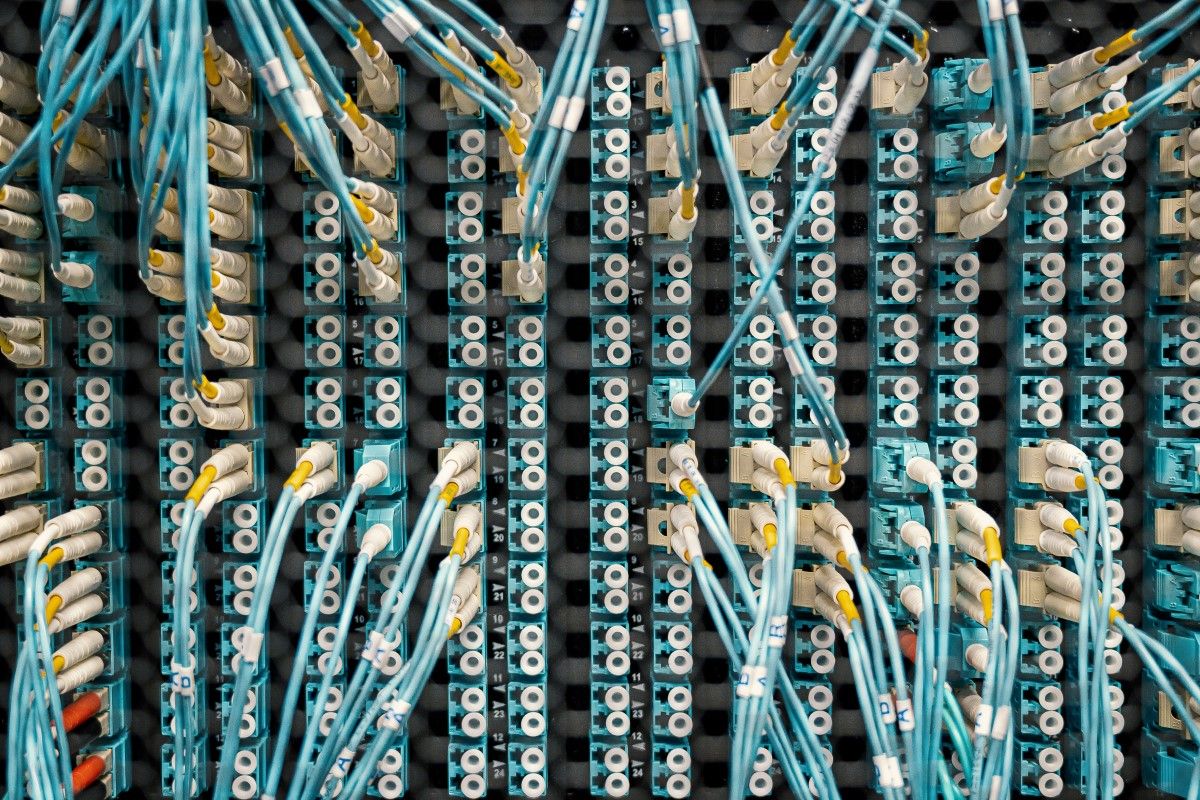Do you work in a tech role that's set to be outsourced to the cloud? Or maybe you hold an admin position and the adoption of robotic process automation has you worried that your job is at risk? Either way, you're worried about automation and how it will impact your paycheck.
But aside from taking a page from the Luddites (those 19th-century labor activists destroyed looms to resist how technology caused a shift in labor standards and roles), what can you do?
Here are some ways to prepare for the upcoming automation shift so that your career trajectory isn't a road bump on the road to digital transformation.
Why Are Jobs at Risk?
The aftermath of automation is uncertain, but jobs appear to be at risk from technology across many industries. The cloud, Software as a Service (SaaS), and Platform as a Service (PaaS) solutions are offloading tasks to artificial intelligence and robotic process automation. That is shifting the ideas of how people work.
With some tech players creating products hyper customized to specific industries, major sectors like insurance, health care, and telecoms will be pushing to automate many of their processes using this customized tech to stay ahead of their competition and keep pace with digitally native companies.
Everyday roles that follow a fixed workflow are at the risk of being taken over by intelligent algorithms. For instance, software testing or even a subset job of Quality Assurance (QA) can be done by machines.
Also, real-time intelligence, IoT, DevOps, and predictive analytics make many operational roles less complex since machines do most of their jobs. That means that companies can hire fewer people to get the same work done.
With AI chatbots, customer self-service, customer service automation, and business process management and automation, many customer service and administrative jobs are also at risk.
Which Jobs Are Most at Risk?
While most jobs at risk from automation won't be disappearing entirely, there will likely be fewer opportunities in the future in many of these professions. That could make it harder for people in those roles to keep their jobs or move up or to another company.
The tech jobs most at risk are:
- Software development
- Cyber defense analysis
- Identity and Access Management work
- IT management
- Systems admin
- Tech support
- Database administrators
- Network engineer
- In-house programmers
The administrative and customer service jobs more at risk are:
- Customer service
- Manual data entry jobs
- Bookkeeping and simple accounting
- Receptionists
- Retail jobs
- Warehouse jobs
- Administrative work
- Loan underwriting
- Insurance underwriting
- Claims adjusters
- HR Roles
- Legal secretaries
- Dispatchers
- Manufacturing jobs
- Equipment Operators
- Billing clerks
- Tellers
- Shipping clerks
- Office workers
- Cashiers
Can You Save Your Career?
While many believe the rise of technology is inevitable and workers just need to adapt, there are ways workers can push back. After all, the automation of many of the quantitative aspects of these roles will impact their qualitative characteristics.
For example, insurance claims adjusters are often not just doing the manual work of adjusting a claim. They also use their emotional and social skills to support customers through difficult times. That improves a customers' experience in intangible ways and is likely to differentiate the company from its competitors if the rest switch to automation. Making that case internally for human or hybrid forms of customer service over an emotionless AI could have an impact.
If you are unionized, you could also bargain to keep some or all of the roles, for your company to pay for retraining, or for them to create new positions for workers who will lose their jobs due to automation. Not unionized? You might consider organizing to protect yourself and your peers.
But automation isn't always a threat. In many cases, automation can only take on the part of someone's job focused on repetitive and manual tasks freeing the worker up to do more complex (and creative) tasks.
Become the Exception
While many roles that can be easily automated aren't going to be as in demand in the future, there will still be demand for some workers in those sectors. That's because there are several tasks that companies can't automate as they're too complex, too costly to automate, or there is a business reason to keep them as they are.
As a result, you might become an expert in those tasks and continue your career in the same field.
IT professionals whose jobs are going into the cloud could consider shifting their careers to work for SaaS and PaaS companies doing the work they're doing now. Or they could take up freelancing and offer services to some companies who still have some need for their skill set but don't need to employ someone full time. They could also decide to retrain in a different tech field.
Jobs and Skill Sets in Demand
So, what skill sets and jobs will be in demand in the future? Here are some jobs that aren't likely to be automated:
- Data scientists
- Systems analysts
- Robotic engineers and techs
- Computer programmers
- Highly specialized customer service jobs
- High-end customer service jobs
- Creatives
- Supervisors
- Lawyers
- Health care workers
- Counselors
- Corporate leaders
- Financial auditors
- Engineers
- Clean energy work
- Design work
Embarking on a New Career
Do you hope to move from a career that's on the verge of disappearing into one with more staying power? In some cases, you can retrain within the role you're currently in by asking for additional work or a transfer to another position or department.
In other cases, you might have to seek additional training and skills actively.
For example, you can start now by redirecting your career rather than continuing on the path you're on via night courses or other certifications. You might even be able to find a mentor in your company or have your employer pay for your upskilling.
Ready to Make the Shift?
Before you make such a significant change, talk to people who have made a similar transition in the past to get advice. If you can gain experience by freelancing, consider doing that on the side so that you don't need to start in an entry-level role when you make the transition.
Also, make sure your field is automation-safe. The last thing you want to do is leave one job that's threatened for another one that will likely be taken over by AI in the future, too.





